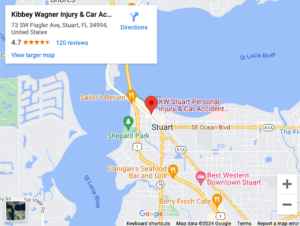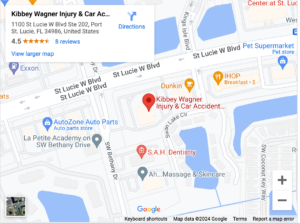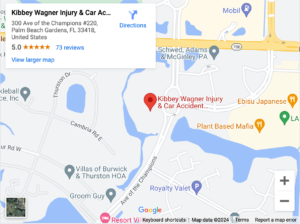
A concussion is a type of brain injury that happens when a blow or jolt to the head causes the brain to move or twist inside the skull. That movement can damage brain cells, disrupt brain function, and lead to many symptoms. Some show up right away, while others can take days or even weeks.
Unlike cuts or broken bones, you can’t see a concussion. And just because someone doesn’t pass out after a head injury doesn’t mean they don’t have one. Concussions are generally considered “mild” traumatic brain injuries, but there’s nothing mild about the way they can affect a person’s life.
Common Causes of Concussions

Concussions happen in a lot of ways, but most are caused by sudden impacts or violent shaking.
A few of the most common causes include:
- Car accidents: Even a low-speed crash can cause your head to whip forward and back hard enough to injure your brain
- Slip and falls: A simple slip on ice or a trip down a few stairs can end in a head injury if the skull hits the floor
- Assaults: Getting punched, kicked, or struck in the head can easily lead to a concussion
- Workplace accidents: Concussions are especially common in jobs that involve heavy equipment, slick surfaces, or heights
You don’t have to hit your head very hard to get a concussion. The sudden movement is what actually causes damage.
Concussion Symptoms
The signs of a concussion aren’t always apparent right after the head injury. Because of the way the brain reacts to trauma, people often feel fine at first and don’t exhibit any signs of injury until much later.
Signs of a concussion may include:
- Headaches that won’t go away
- Dizziness
- Trouble with balance
- Confusion
- Feeling “foggy”
- Nausea
- Vomiting
- Sensitivity to light or noise
- Memory problems
- Mood swings
- Irritability
- Anxiety
- Sleep disruptions
Every brain reacts differently to a concussion. Some people bounce back in a few days. Others deal with symptoms for weeks, months, or even longer.
How a Concussion Can Disrupt Your Life
A concussion can affect way more than just your physical health. It can throw your entire life off balance. Work, relationships, and everyday tasks like grocery shopping or driving can become difficult or impossible.
Imagine holding down a job when you’re constantly tired, can’t concentrate, and your head hurts. Or imagine how hard it would be to enjoy time with your kids if bright lights and loud noises made you feel sick. That’s the reality for many people dealing with a concussion.
For some, these issues fade after a few days or weeks. But for others, they stick around and can develop into post-concussion syndrome. When that happens, recovery can take months or years, and the emotional toll can be as heavy as the physical one.
Long-Term Effects of Concussions Are Real
The potential long-term impacts of a concussion are a genuine concern, especially if a person has had more than one. Memory loss, constant headaches, mood changes, and constant fatigue are just a few symptoms that can linger.
These lingering effects can significantly diminish quality of life, interfering with daily activities and relationships. Furthermore, repeated concussions may increase the risk of developing more serious neurological conditions later in life, making preventative measures and proper recovery protocols paramount.
There’s also a growing concern about the link between repeated concussions and degenerative brain diseases like Chronic Traumatic Encephalopathy (CTE). CTE is still being studied. But its existence is a reminder that brain injuries should never be brushed off.
Medical Bills and Missed Work Add Up Fast
The cost of a concussion can add up quickly. Medical visits, scans, follow-ups, and therapy are expensive. And if you’re too dizzy or disoriented to work, that lost income makes it even more challenging to afford the care you need.
The financial burden extends beyond immediate medical bills. Ongoing symptoms, like persistent headaches or cognitive difficulties, can necessitate lifestyle adjustments, further straining resources and potentially leading to a cycle of debt.
Where someone else’s negligence gave you a concussion, you may have the right to seek compensation. A personal injury claim can help you recover compensation for medical bills, lost wages, pain and suffering, and other losses.
Contact Kibbey Wagner Injury & Car Accident Lawyers for a Free Consultation After a Concussion Injury
Unfortunately, the system isn’t designed to make recovery easy. Insurance companies will often downplay concussions to minimize their financial obligation. They might argue that your symptoms are not severe, or that your injury isn’t related to the accident.
That’s why it’s critical to have an experienced attorney on your side. The Kibbey Wagner Injury & Car Accident Lawyers team knows how hard these injuries hit and how to fight for the compensation you deserve. Our skilled Stuart personal injury attorneys understand insurance companies’ tactics and can fight to protect your rights.
A concussion might not leave a scar, but it can still leave a lasting impact. Contact us today at (772) 444-7000 to schedule a free consultation with an experienced Stuart personal injury lawyer.




